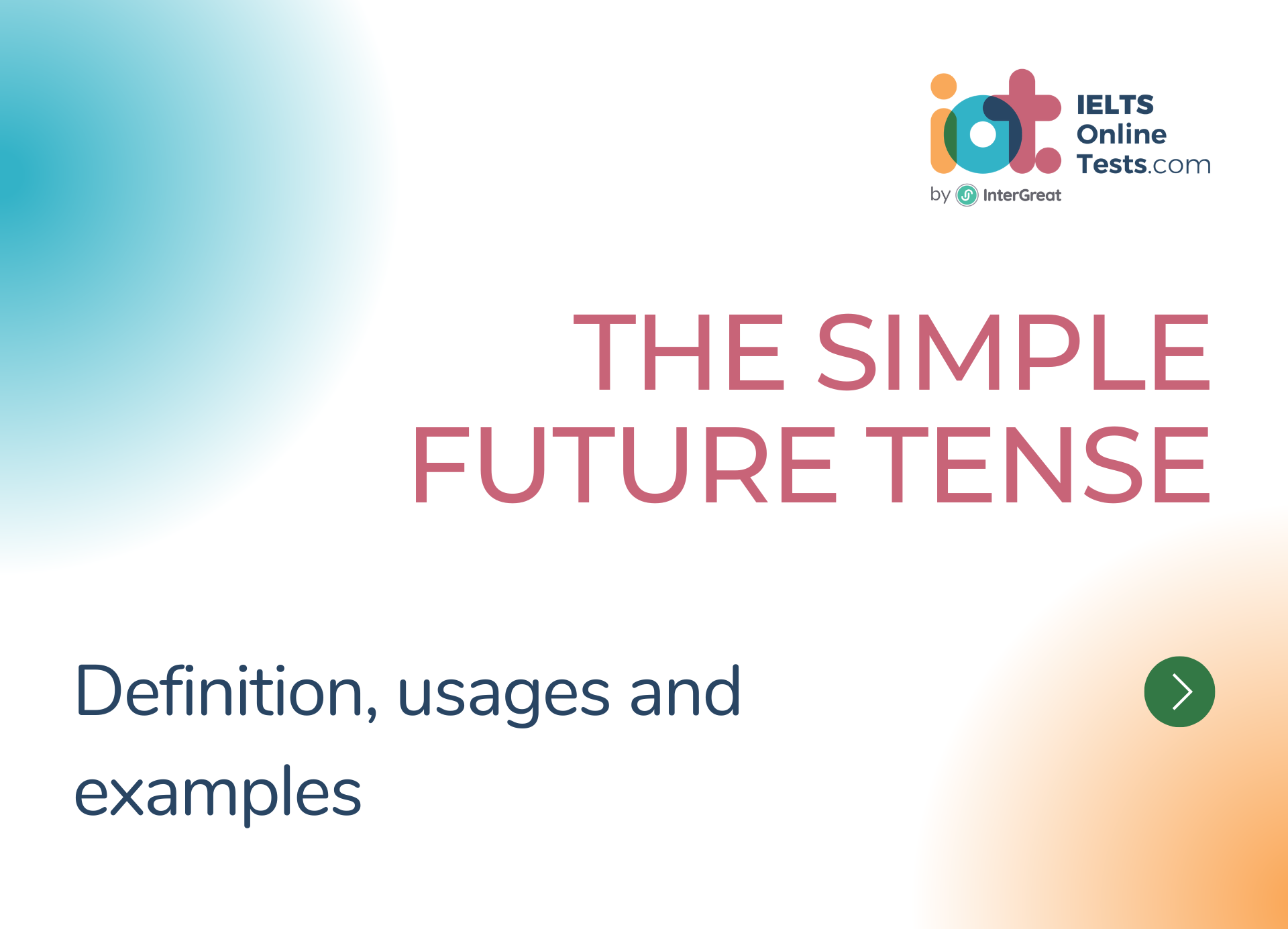
The Simple Future Tense
The simple future tense is used to express actions or events that will occur at a later time or in the future. It indicates that something will happen after the present moment.
Here's a detailed explanation of the simple future tense:
Formation of the Simple Future Tense:
- To form the simple future tense, use the auxiliary verb "will" (or "shall" in some cases) followed by the base form of the main verb.
- Example: "She will study for the exam."
Usage of the Simple Future Tense:
- Stating future actions or events:
- Example: "They will go on vacation next week."
- Making predictions or expressing certainty about the future:
- Example: "I think it will rain tomorrow."
- Offering or making promises:
- Example: "I will help you with your project."
- Expressing intentions, plans, or decisions:
- Example: "He will start a new job in September."
- Stating future actions or events:
Examples of the Simple Future Tense:
- "I will call you later."
- "They will attend the conference next month."
- "She will cook dinner for the guests."
- "We will visit our grandparents over the weekend."
- "He will finish his work by the deadline."
Time Expressions Used with the Simple Future Tense:
- Time expressions such as "tomorrow," "next week," "in the future," "soon," "in a month," or specific dates and times are commonly used with the simple future tense to indicate when the action will take place.
- Example: "We will meet for lunch at 12 PM."
Negative and Interrogative Forms:
- To form negative sentences, add "not" after the auxiliary verb "will."
- Example: "She will not attend the party."
- For interrogative sentences, invert the subject and the auxiliary verb "will."
- Example: "Will you come to the meeting?"
- To form negative sentences, add "not" after the auxiliary verb "will."
The simple future tense allows us to talk about actions or events that will happen in the future. It helps us express plans, intentions, predictions, promises, and future arrangements. By using this tense correctly, we can effectively convey information about future actions and make statements about what will occur later in English.




